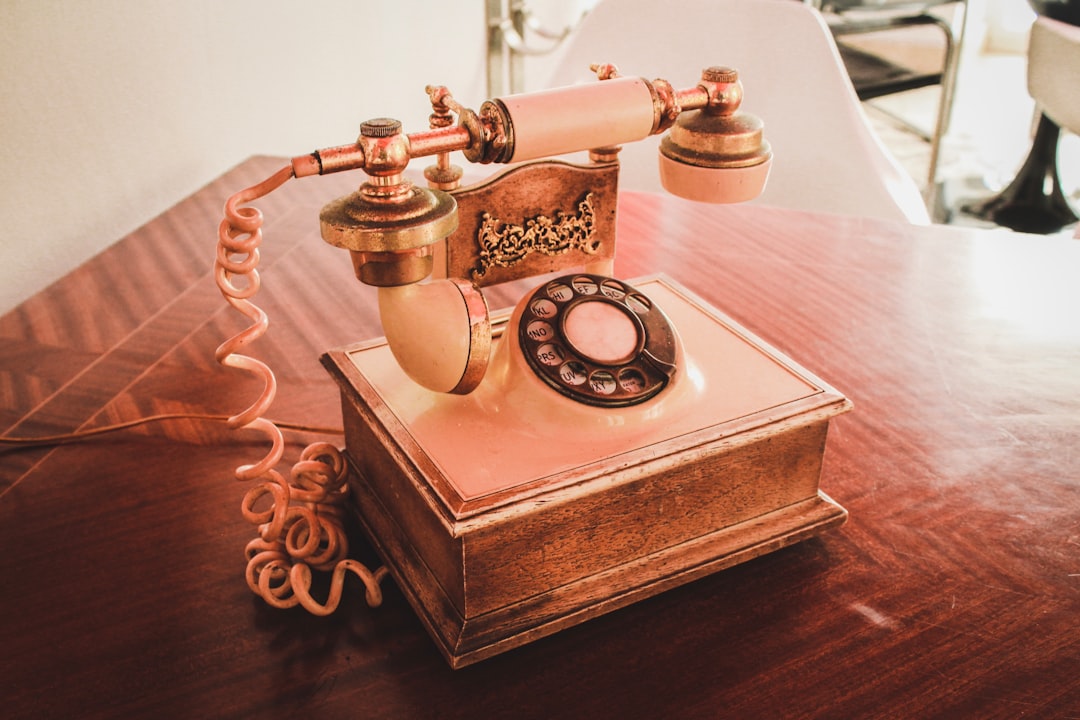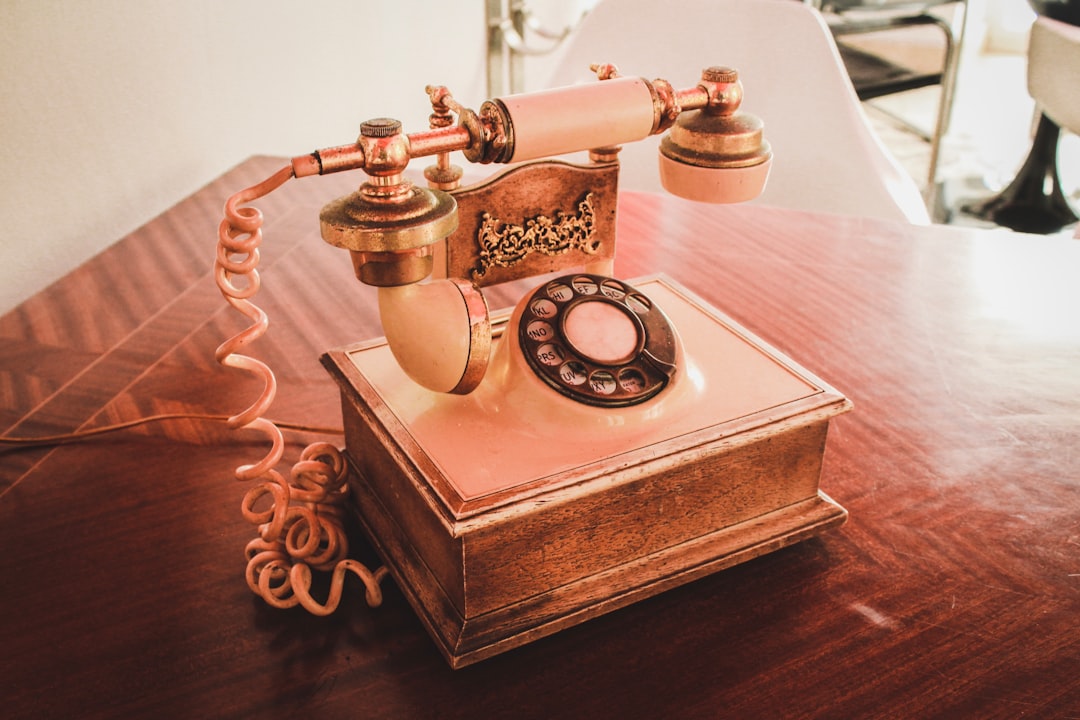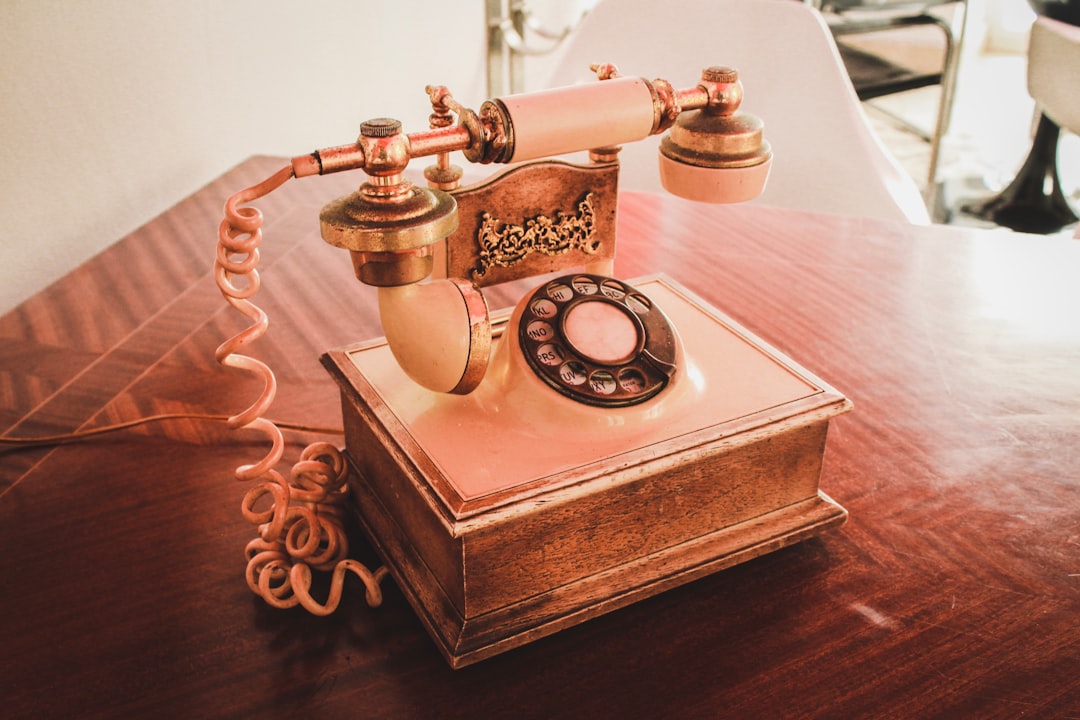Bridgeport, CT, has strict "do-not-call" laws targeting attorneys and law firms. These regulations protect residents from unsolicited phone solicitations, with penalties for non-compliance. Bridgeport citizens can register on the state's do-not-call list and consult with specialized lawyers to enforce their rights against intrusive marketing calls. Reporting issues to the BBB and hiring TCPA violation experts like do not call lawyers or attorneys Connecticut are key steps in protecting privacy and seeking damages.
Bridgeport, Connecticut, has implemented a robust legal framework to combat unsolicited marketing calls, offering residents and businesses significant protection under the city’s Do Not Call laws. This comprehensive guide explores Bridgeport’s regulations, the rights of individuals and entities, and the steps to take if your privacy is invaded by unwanted calls. If you’re seeking legal recourse or representation from a dedicated Do Not Call lawyer in Connecticut, this article provides invaluable insights into protecting your rights and navigating the regulatory landscape.
Understanding Bridgeport's Regulations on Unsolicited Marketing Calls

Bridgeport, a bustling city in Connecticut, has implemented stringent regulations to combat unsolicited marketing calls, also known as “do-not-call” laws. These rules are designed to protect residents from unwanted phone solicitations, ensuring they can enjoy peace and quiet without persistent sales pitches. The regulations specifically target both individual attorneys and law firms operating within the state, emphasizing the importance of obtaining explicit consent before making marketing calls.
The “Do Not Call Lawyer Connecticut” or “Do Not Call Attorney Connecticut” laws are part of a broader effort to safeguard citizens’ rights. These laws prohibit legal professionals from making unsolicited phone calls to potential clients, unless they have prior expressed consent. As such, lawyers and law firms must adhere to strict guidelines when engaging in marketing activities, ensuring they respect the privacy and autonomy of Bridgeport residents.
Rights of Residents and Businesses Under the Do Not Call Laws

Bridgeport residents and businesses have rights protected under Connecticut’s Do Not Call laws, providing a powerful framework to combat unwanted telemarketing calls. These laws empower individuals and entities to take control of their communication preferences, allowing them to silence persistent phone solicitations. If you’re facing an onslaught of unsolicited calls, consulting with a do not call lawyer Connecticut or an experienced do not call attorney Connecticut can be pivotal. They can guide you through the legal process of registering your number on the state’s do not call list and pursuing legal action against repeat offenders.
In Connecticut, both residents and businesses have the right to peace and quiet from intrusive phone calls. Do not call law firms Connecticut specialize in enforcing these rights, ensuring that telemarketers respect personal boundaries. By understanding your legal options, you can effectively navigate the process of blocking unwanted calls, seeking damages if necessary, and promoting a quieter, more peaceful environment for all Connecticut residents and businesses.
Legal Recourse for Violations: How to File a Complaint in Connecticut

If you’ve experienced unsolicited marketing calls in Bridgeport, Connecticut, and feel your rights have been violated, there are legal avenues to pursue. The Connecticut Better Business Bureau (BBB) encourages consumers to report unwanted phone calls, and this can be a valuable first step. You can file a complaint with the BBB online or by contacting their local office directly. They will document your issue and work with businesses on your behalf.
For more formal legal action, individuals who believe they’ve been targeted by persistent or harassing telemarketers can contact a do not call lawyer or attorney in Connecticut. These legal professionals specialize in handling violations of the Telephone Consumer Protection Act (TCPA) and similar state laws. You can file a private lawsuit against the offending company or individual, seeking damages for each violation. A do not call law firm in Connecticut can guide you through this process, ensuring your rights are protected and helping you recover any losses incurred due to these intrusive calls.






